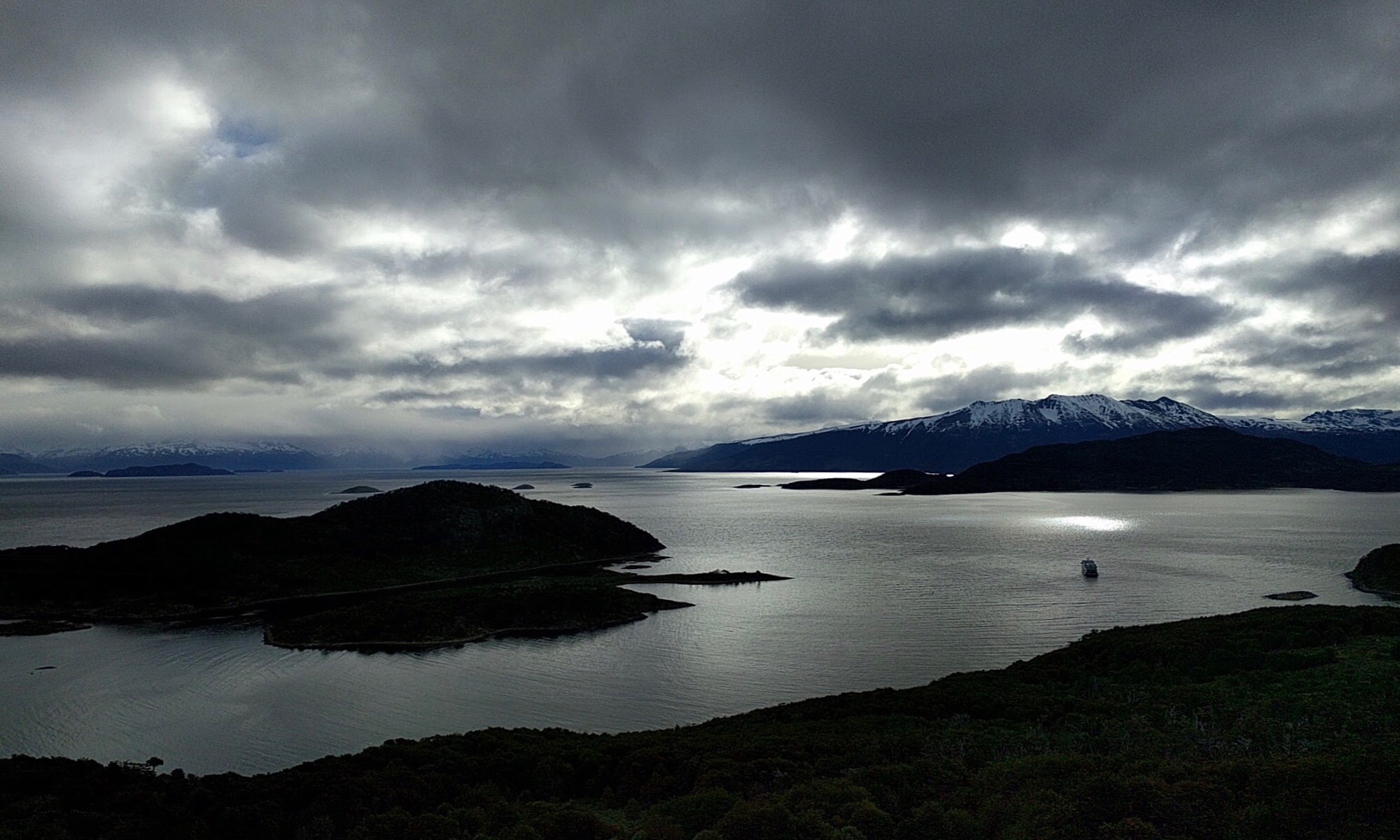We would spend some of it in Kruger.
In Kruger, early June had warm and days, cold nights, and zero mosquitoes (possibly due to a drier than average wet season this year). There were clear skies except one day, overcast for a few hours and slight drizzle for a few minutes one morning. The wet time is October or November through March. High season starts in mid June when school gets out. May is certainly great month to be there.
Kruger:
Backpacking trip in Kruger (3 night 4 days) — Kruger provides meals and water; need tent and sleeping bag
Wilderness trails Kruger (3 night 4 days) — day hikes from wilderness camps
Mountain biking in Kruger
Sirheni Bush camp
Bateleur Bush camp
Punda Maria
Olifants
*** Shimuwini Bush camp is great: Does not sell wood. Water, charcoal. Ice? 13 is renovated. 14
Shipandani Overnight Hide
Talamati Bush camp
Biyamiti Bush camp
Lower Sabie
Talamati is best.
Shindzela – might be a nice semi-luxury option for the beginning or end
Johannesburg: Premier OR Tambo Hotel was safe, nice, very close to the airport, and had a great dinner buffet.
Drakensberg: Ardmore Guest Farm, really nice, great hospitality, pretty good food.
Garden Route: Multiday hike Storm River Mouth or elsewhere• Participants from 12 years and older. High fitness level, people older than 65 years needs to supply proof of fitness.
• Please be advised, that there are only 4 huts, sleeping 2 people each, for the 8 hikers (maximum), participating on this trail. This may mean that people will have to share the accommodation with participants (male/female) that aren’t part of their group booking. Please take this into consideration when making your booking as no alternative arrangements can be made in this regard with the limited accommodation available.
• Guests with special dietary requirements must please realize that although the trail can cater for some (e.g. vegetarians) it is very difficult to suit every individual’s special needs. Prior arrangements in this regard are essential. We will help if it is in any way possible, contact SpecialisedReservations@sanparks.org for more information.
• For the backpack trails, guests to supply their own personal equipment for example sleeping bag, tent, back pack, eating utensils, food, drinks etc.
• Herewith the Medical Questionnaire Certificate for trail participants.
5. Lebombo and Malopeni Eco Trail (Kruger National Park)
• No children under 12 years.
• Maximum of 4 persons per vehicle.
• Participants provide their own food and drinks.
6. All participants have to complete an indemnity form before embarking on a trail.
7. Otter trails
• An age restriction of 12 to 65 years applies, due to the level of physical demands of the Otter Trail.
• All hikers from the ages of 65 and above will be requested to provide proof of their fitness level to undertake the challenging terrain of the Otter Trail.
• Guests to provide their own food and drinks for 5 days and 4 nights.
• Please be advised that there are only 2 huts, sleeping 6 people each for the 12 hikers (maximum) participating on this trail. Should your booking be for less than 6 people or a group of 7 to 11 people, you may have to share accommodation with participants (male/female) that are not part of your booking. Please take this into consideration when making your booking as no alternative arrangements can be made in this regard with the limited accommodation available.
8. Rhebok Hiking Trail
• Hikers to provide their own food, drinks, cooking facilities, utensils and sleeping bags.
• Only cold water shower.
• No children under 12 years.
If we had three more weeks to spend in Ethiopia:
Fly into Addis, stay at GT guesthouse; Rift Valley birdwatching with Ayuba; Bale Mountain hiking; Lalibela community trekking, in some order that would make for good acclimatization. And perhaps Harar and Aksum.
If we had three weeks in Zimbabwe:
Harare: Mount Pleasant B&B; Multiday canoe safari on Zambezi; Hiking in eastern highlands; Hwange National park; Matobo National Park.





